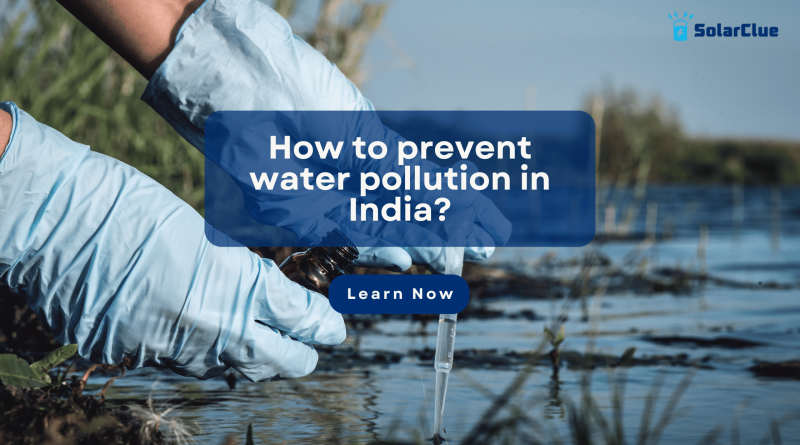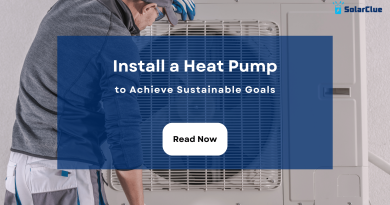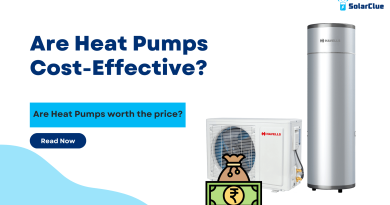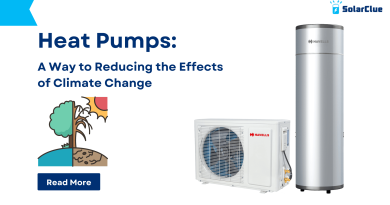How to prevent water pollution in India?
Water pollution is a big issue in India. We all must try to prevent it. But how to prevent water pollution? As individuals, we all must adopt appliances which contribute to the reduction of water pollution.
In this blog, we will discuss in detail about water pollution, and the way we can help reduce it.
Table of Contents
What is Water Pollution?
Water pollution occurs when harmful substances contaminate water bodies such as lakes, rivers, oceans, and groundwater. These pollutants can be chemicals, plastics, sewage, oil spills, and more. Water pollution is hazardous to human health, aquatic life, and the environment.
How Does Water Get Polluted?
Water can get polluted from various sources, including:
- Industrial waste discharge
- Sewage and wastewater
- Agricultural runoff containing pesticides and fertilizers
- Oil spills and leaks
- Energy production processes like electricity generation
How Can We Prevent Water Pollution?
While there are many ways water gets contaminated, we can take steps to reduce pollution. One significant contributor is the devices and appliances we use at our homes.
Most of the devices we use consume a lot of electricity, and it indirectly leads to water pollution. Electricity is produced by burning of fossil fuels. This leads to not only air pollution, but also water pollution. The pollutants from burning fossil fuels can enter water bodies in different ways. These can settle on water surfaces or get carried by the wind into lakes, rivers etc.
One such appliance we use in our daily lives is a water heater. Traditional geysers consume a lot of electricity, which leads to not only air pollution, but also water pollution. A better alternative is the heat pump, which can efficiently meet your daily hot water needs, while consuming less electricity.
What is a Heat Pump and How Does It Work?
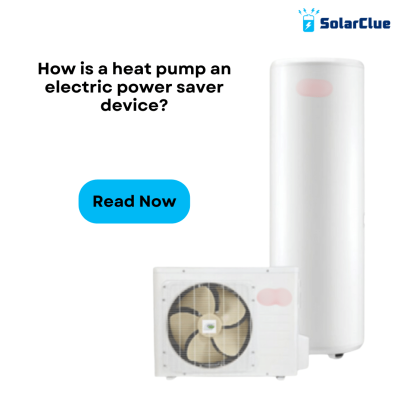
A heat pump water heater is a water heater just like a geyser. But the main difference lies in the way it works. It is an energy-efficient system that uses electricity to transfer heat from the air to water, rather than generating heat directly.
It consists of three main components:
- An exhaust fan that draws in air from the surrounding environment
- A compressor that circulates refrigerant through the system
- An insulated storage tank that stores the heated water
The exhaust fan brings in air, which passes over the cold refrigerant lines, causing the refrigerant to absorb heat from the air. The compressor then pressurizes the refrigerant, further increasing its temperature. This hot refrigerant runs through a heat exchanger, transferring its heat to the water in the storage tank.
This process consumes significantly less electricity than a traditional geyser, making heat pump water heaters highly energy-efficient and cost-effective in the long run.
How Can Water Pollution Be Prevented by Heat Pumps?
Unlike geysers which use electricity to heat water directly, a heat pump uses electricity to transfer the heat only. So heat pump works on the principle of transferring heat from one place to another. This consumes 75% less electricity than a geyser.
As a result, the burning of fossil fuel reduces, thus reducing air and water pollution.
What Are the Other Benefits of a Heat Pump System?
Apart from preventing water pollution, heat pump systems offer several advantages:
1. Cost-Effective
Heat pump water heaters are highly cost-effective in the long run. Although the initial investment may be higher than traditional water heaters, the ongoing operational costs are significantly lower. These systems consume up to 75% less energy than conventional electric water heaters, resulting in substantial savings on electricity bills. Over the lifetime of the system, which can span 10-15 years, the energy savings can offset the higher upfront cost, making heat pump water heaters a more economical choice.
2. Long Lifespan
Heat pump water heaters are designed to last longer than traditional water heaters. With proper maintenance, they can have a lifespan of up to 15 years or more, compared to 8-12 years for conventional electric or gas water heaters. This extended lifespan means you won’t have to replace your water heater as frequently, saving you money on replacement costs and reducing waste.
3. Reduce Water Wastage
These systems are highly efficient at transferring heat to the water, minimizing the need for constant reheating. Traditional water heaters often waste energy by continuously heating and reheating the same water. Heat pump water heaters, on the other hand, maintain the water at a consistent temperature, reducing the amount of energy required and minimizing water wastage.
4. Positive Environmental Impact
By consuming significantly less electricity than conventional water heaters, heat pump water heaters have a lower carbon footprint and contribute to reducing greenhouse gas emissions. This positive environmental impact is achieved by relying on renewable energy sources (ambient air) and minimizing the use of fossil fuels for power generation. Additionally, the longer lifespan of these systems further reduces the environmental impact associated with manufacturing and disposing of water heaters.
5. Efficient in Cold Climates
Advanced heat pump technology has made these systems highly efficient even in colder regions. Modern heat pump water heaters can extract heat from the air even when the temperature drops below freezing. They are equipped with advanced compressors and refrigerants that allow them to operate effectively in a wide range of climatic conditions, making them a viable option for households in various geographical locations.
Conclusion
Water pollution is a big issue in India today. We all need to know how to prevent water pollution. Replacing our home appliances with energy efficient ones, like a heat pump, indirectly contributes towards reducing water pollution. It is not time for India to adopt heat pumps, for a better and a sustainable future.
Visit SolarClue® to see the best heat pump water heaters. SolarClue® is an online marketplace where solar energy products are sold at discounts up to 50%.

